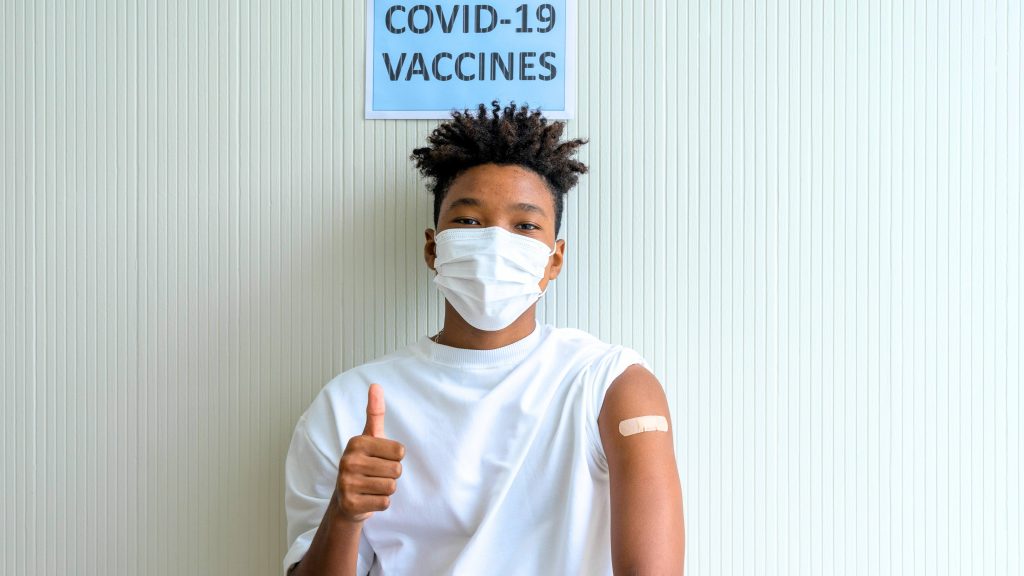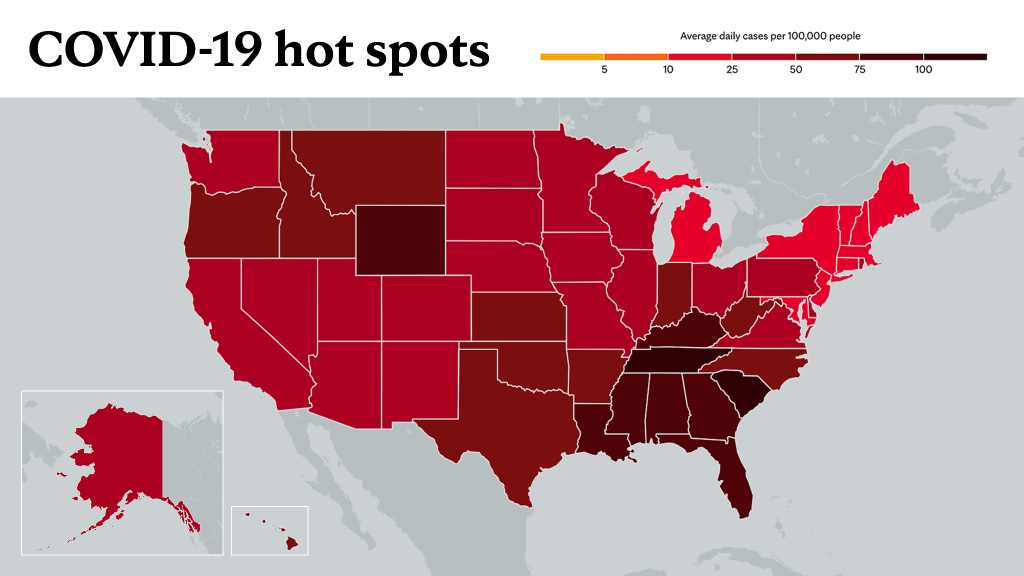
Vaccination remains the best protection from COVID-19 infection. Like most vaccines, getting vaccinated for COVID-19 is not 100% perfect. But if vaccinated people do get sick or have a breakthrough infection, they are much less likely to be hospitalized or die than people who are not vaccinated.
"When we look at the overall severe infection, breakthrough infections are extremely uncommon," says Dr. Abinash Virk, a Mayo Clinic infectious diseases physician. "When we look at mild or asymptomatic infections, they are a little bit more common. But when you take the big scheme of things and look at the number of vaccinated individuals that are positive compared to the unvaccinated individuals, it's still substantially smaller than the unvaccinated."
Watch: Dr. Abinash Virk discusses COVID-19 vaccination.
Journalists: Soundbites are in the downloads at the end of the post: Please courtesy: "Abinash Virk, M.D./Infectious Diseases/Mayo Clinic."
Along with vaccination, masking is another way to help reduce COVID-19 infection.
"We continue to recommend people to be a little bit cautious in terms of their exposures. We know there's a fair amount of delta infections in the community. It's important to wear a mask when you're in a crowded situation when you're indoors. And of course, if you're immunocompromised, we would recommend wearing a mask in all your activities where other people may be present," says Dr. Virk.
"And for those who are unvaccinated, they should definitely get vaccinated."
An estimated 10%–15% of people infected with the virus develop long-haul COVID-19. Dr. Virk says another advantage of the vaccine is that it helps shorten and reduce symptoms.
"A recent study has shown that when we compare vaccinated individuals compared to unvaccinated individuals who get COVID, the patients who are vaccinated have a shorter duration of symptoms after they get COVID-19. The vaccination even shortens the duration of symptoms, compared to people who are not vaccinated. The likelihood that long-haul symptoms will also be less in the vaccinated is actually very good."
Getting vaccinated also protects people around you, particularly those who may be immunocompromised or who may not be eligible for vaccination, including young children.
_______________________________________________
For the safety of its patients, staff and visitors, Mayo Clinic has strict masking policies in place. Anyone shown without a mask was either recorded prior to COVID-19 or recorded in a nonpatient care area where social distancing and other safety protocols were followed.
Information in this post was accurate at the time of its posting. Due to the fluid nature of the COVID-19 pandemic, scientific understanding, along with guidelines and recommendations, may have changed since the original publication date.
For more information and all your COVID-19 coverage, go to the Mayo Clinic News Network and mayoclinic.org.
Learn more about tracking COVID-19 and COVID-19 trends.








